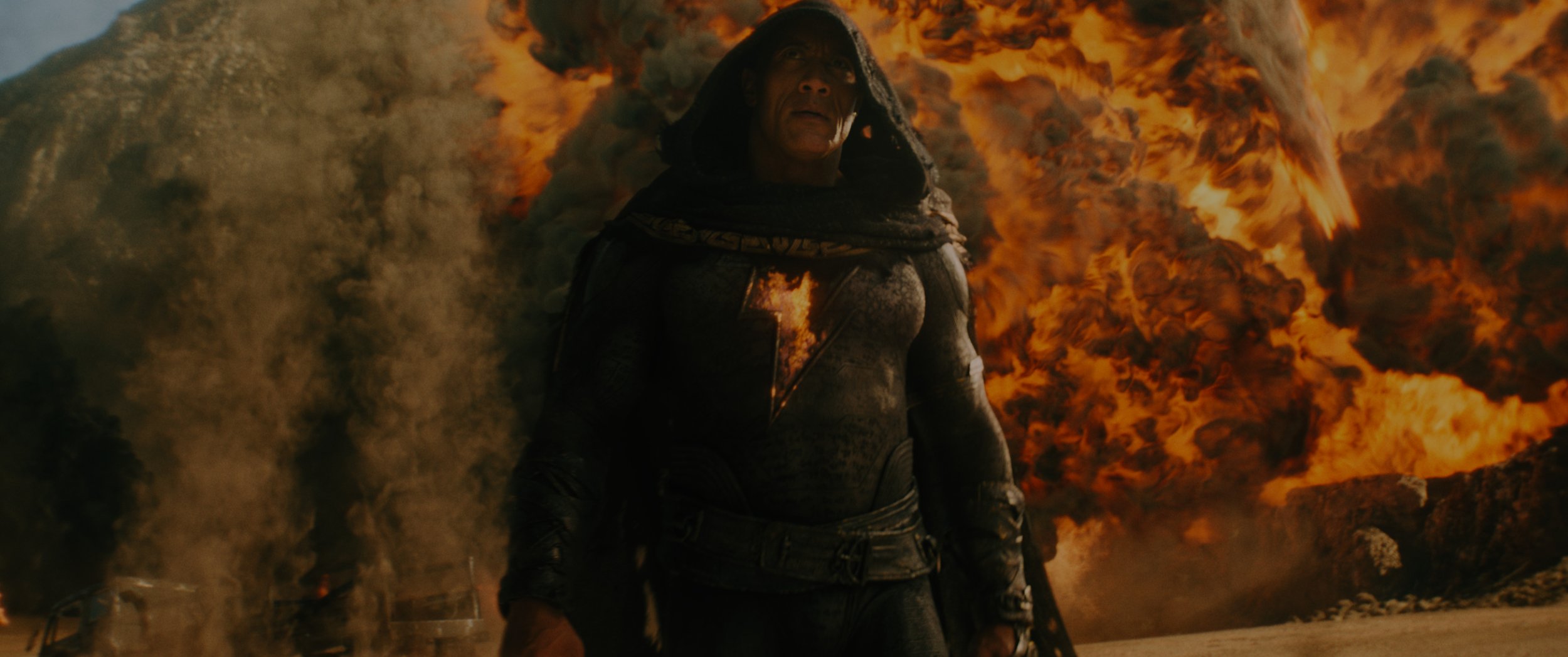Review: 'Return of Tanya Tucker' shows a country star's 'relaunch,' and a growing friendship between two generations of musicians
Tanya Tucker tells people she hates the word “comeback,” and she prefers “relaunch” to describe what’s happening with her career in 2019 and 2020, which is captured warmly in director Kathlyn Horan’s documentary “The Return of Tanya Tucker, Featuring Brandi Carlile.”
Putting Carlile’s name in the title is no mere courtesy. Carlile, the reigning folk-rock and alt-country con, is the person who launched the plan to get Tucker back in the studio to record her first album of new material in 17 years. Carlile grew up listening to Tucker’s fiery country songs on the radio, and arranges to get Tucker to sing and write some songs.
This is more than Carlile fangirling (though there are a couple of moments where Carlile does that, and they’re adorable). Carlile thinks Tucker, who influenced so many singers who followed, is due for being rediscovered — and that this album can do for Tucker what the Rick Rubin-produced “American Recordings” did for Johnny Cash late in his career.
Tucker, who’s 60 when the project begins, is a wonder. Her voice is gravelly and authentic, containing a wisdom of the ages, while her white hair is partly died hot pink, a sign that she’s still got some of the bad-girl fire that propelled and sometimes derailed her in the music business. Tucker acknowledges that she’s lived an interesting and sometimes hard life — while noting that male country artists, like Cash and Waylon Jennings, got away with a lot of things that she wasn’t.
The first half of the documentary shows Tucker working with the album’s producers, Carlile and Shooter Jennings (Waylon’s son). While going over songs, Tucker shares a snippet of a song-in-progress, that she left on the answering machine of her mentor, Loretta Lynn. The song, Tucker says, “is laying there, waiting for a pencil.” Carlile takes that as a challenge, and starts working on it, and presents it to Tucker as “Bring Me My Flowers” — in which Tucker sings her demand that people show their appreciation while she’s still alive.
Horan intercuts the studio sessions, and subsequent concert performances, with archival footage of Tucker’s tumultuous life. Home movies of her family in Texas, then moving to Arizona. Shots of Las Vegas, where Tucker recorded her first demo. Her appearance, at 13, on Johnny Carson’s show, singing “Delta Dawn” (a hit for her on the country charts, a year before Helen Reddy went No. 1 with it worldwide). Her teen stardom, her shimmering Elvis-style jumpsuits. Tabloid headlines of her romance with Glen Campbell, when she was 22 and he was 44. Her rock phase in 1980, when Nashville accused of her of betraying her country roots.
Tucker doesn’t sit down for an interview with Horan, so the filmmaker catches bits of interviews Tucker gives to promote the album — which are largely superficial and hitting all the talking points. Most of what the movie captures of Tucker’s personality is following her around, a hummingbird always moving, a bundle of nervous energy.
Carlile does have time to talk, usually when waiting for Tucker to arrive somewhere, so she provides the movie’s narrative backbone — explaining why Tucker matters, and why sometimes the star was (and is) her own worst enemy.
There are some showpiece moments scattered through the film, the best being when Tucker performs at a birthday tribute concert for Loretta Lynn — and sings “Bring Me My Flowers,” which is a perfect homage, even if Tucker is the only performer on the program not singing one of Lynn’s songs.
What’s best about “The Return of Tanya Tucker, Featuring Brandi Carlile” is watching Carlile’s appreciation of Tucker’s talent and Tucker’s admiration of this next-generation musician come together into a working partnership and a deep friendship. The film leaves a viewer wondering what each of them, together or separately, has got cooking next.
——
‘The Return of Tanya Tucker, Featuring Brandi Carlile’
★★★1/2
Opens Friday, November 4, at the Broadway Centre Cinemas. Rated R for language. Running time: 108 minutes.







